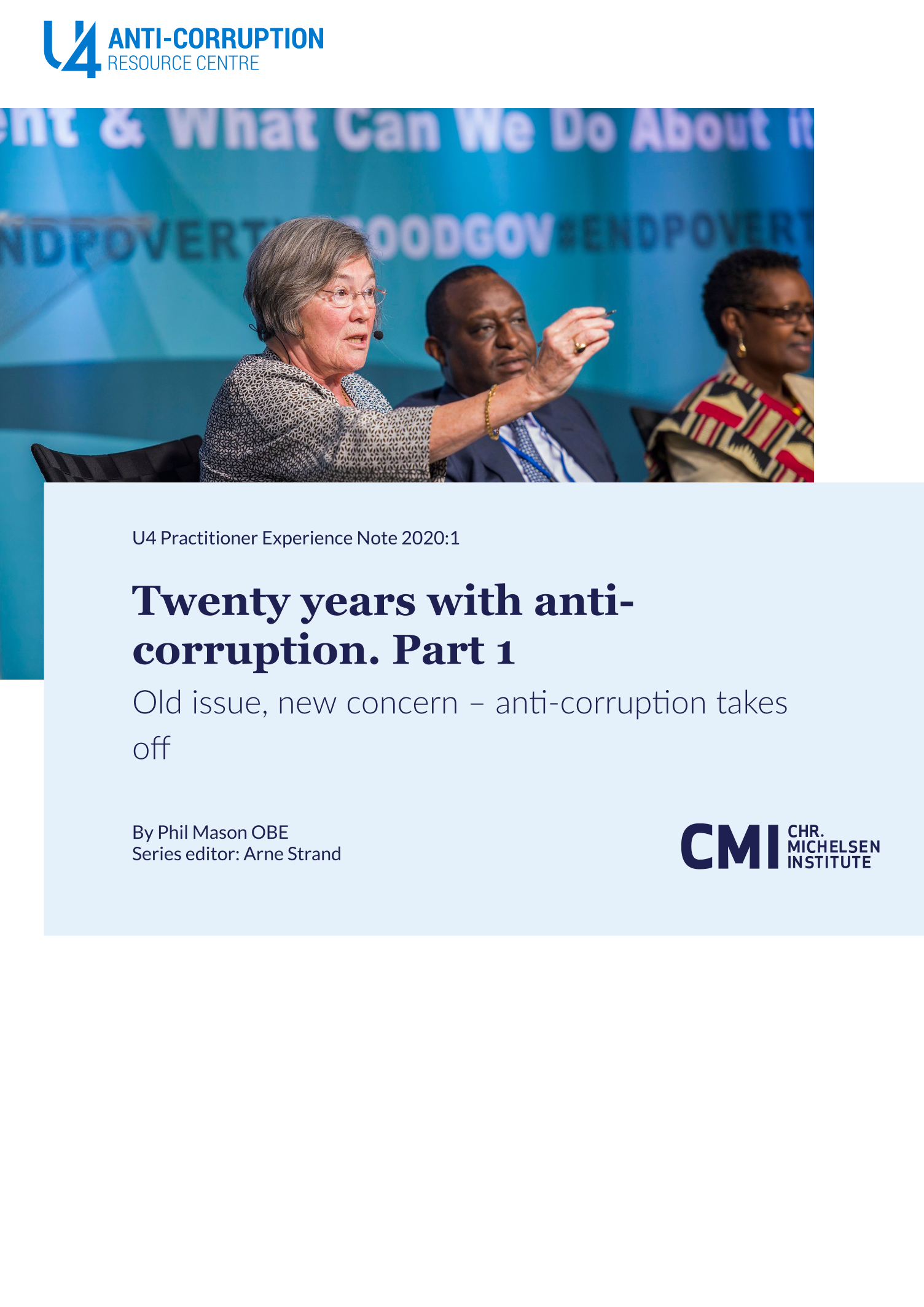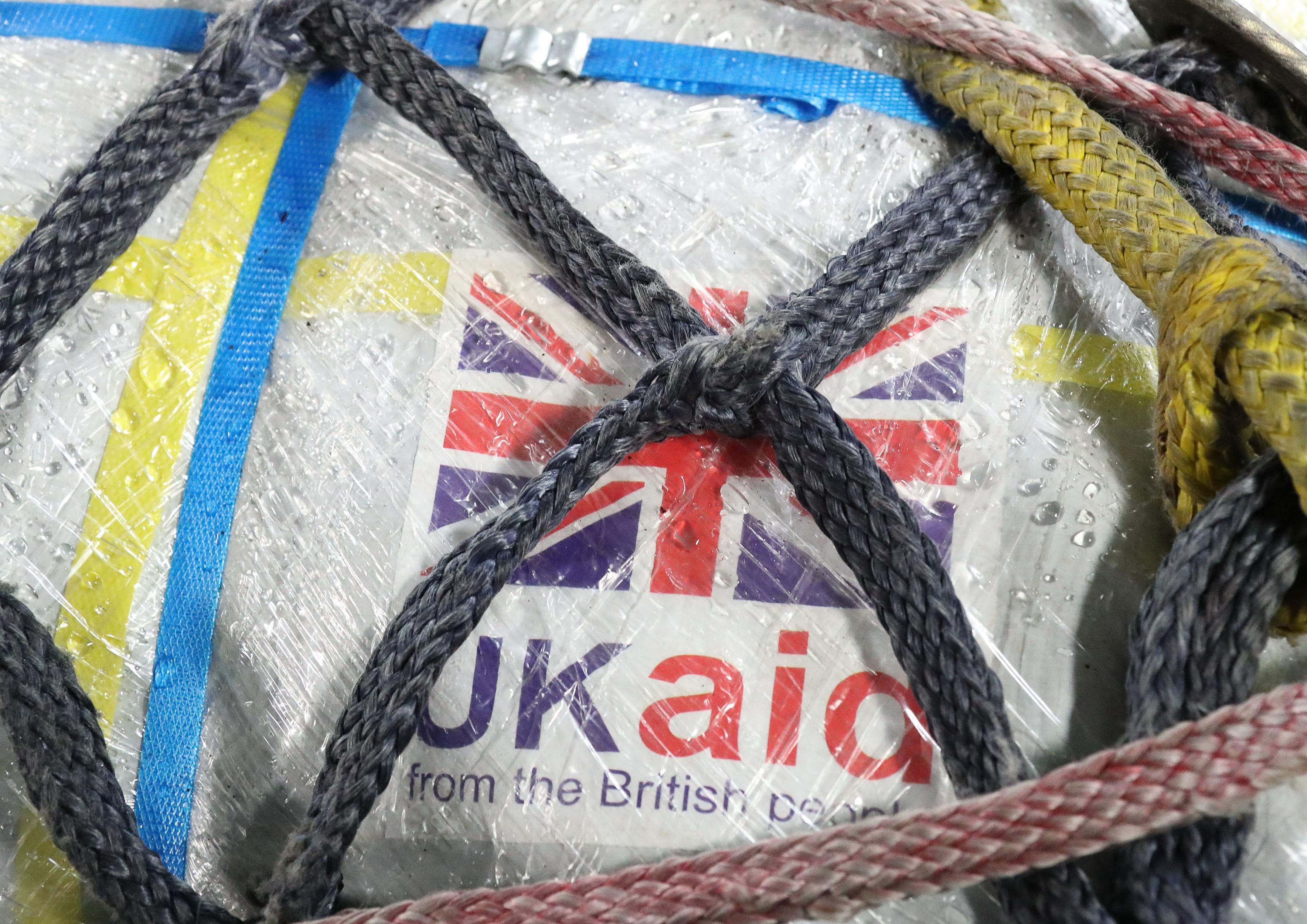Main points
- Dealing with corruption presents challenges to any practitioner who sees development primarily as a technical problem that can be solved by technical responses. Corruption needs to be viewed as an intensely political phenomenon, with responses crafted accordingly.
- Tackling corruption has the best chance of success when efforts go ‘with the grain’ – that they are aligned with (often suddenly-arising) political impetus. Practitioners need to be able to operate flexibly and spontaneously to take advantage of unexpected windows of opportunity.
- Anti-corruption is a long-term endeavour. Practitioners need to set realistic expectations about the pace of change, and be prepared for the long haul. There is unlikely to be constant progress and setbacks must be expected.



